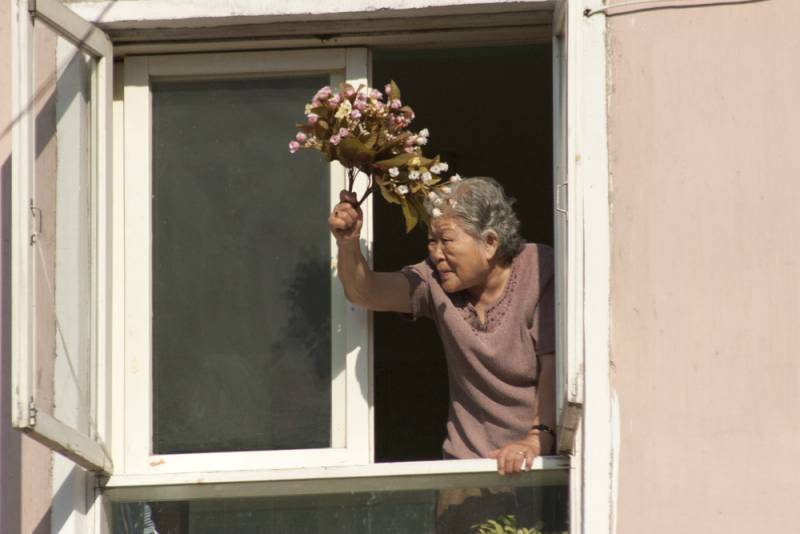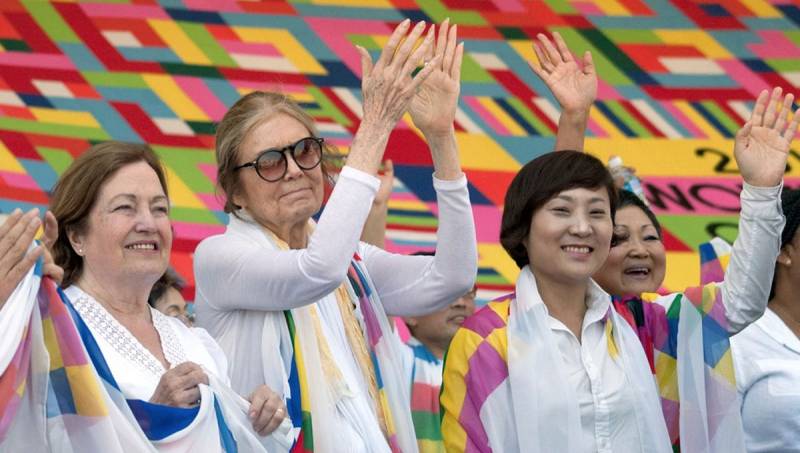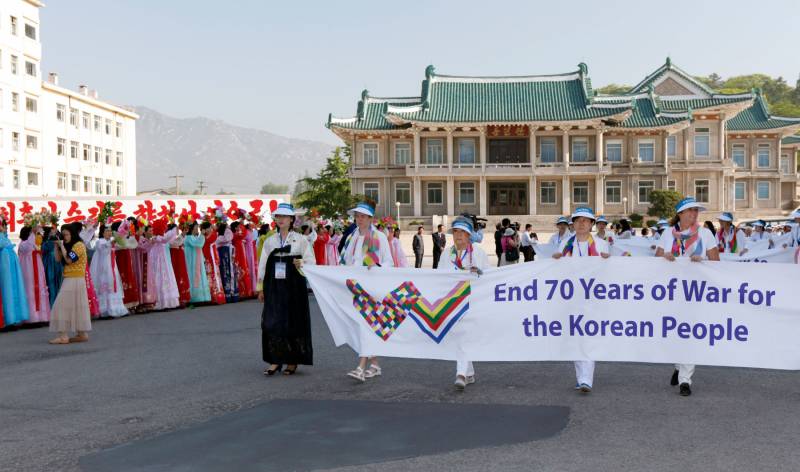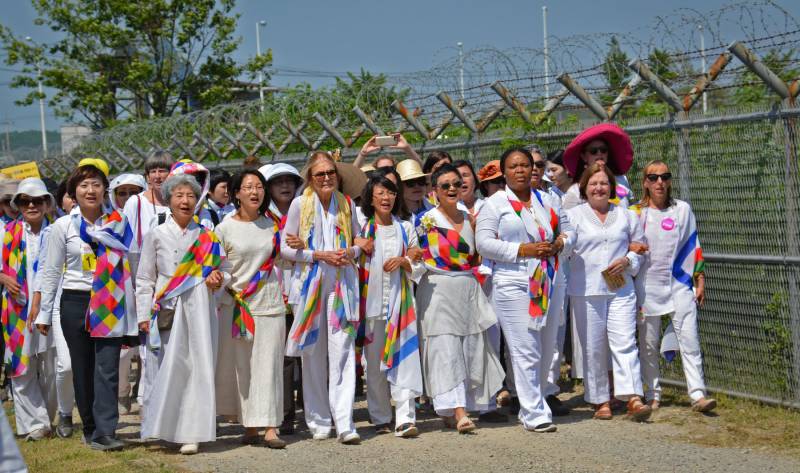In 2000, Deann Borshay Liem’s revelatory debut, First Person Plural, recounted her experiences as a Korean adoptee growing up in the East Bay suburbs and then looking for her birth family as an adult.
A landmark of personal documentary, the film (which premiered at Sundance, aired nationally on PBS and is well worth watching on Kanopy) painted a complicated picture of identity and aspirational assimilation (crystallized by Borshay’s acceptance as a UC Berkeley cheerleader) while exposing the buried transnational history of Korean adoption in the 1950s and ’60s.
Liem continued to mine her life, and face uncomfortable truths about Korea’s adoption campaign, in her 2010 follow-up In the Matter of Cha Jung Hee (also on Kanopy) and Geographies of Kinship (2019). The ad hoc trilogy powerfully conveys how distant and seemingly concluded events relegated to a couple sentences in a history book reverberate forever in countless lives and families.

“In reflecting on the works that I’ve directed, it turns out all of them touch on the Korean War,” Liem says today. “It wasn’t that I intended to make films that address the war in the beginning. Now I understand: It is the singular trauma of my generation, and the generation that preceded me, and also after me. It’s the event that formed who I am, that brought me to this country and it’s the root of the Korean-American community in the United States.”
Liem was the natural filmmaker to document Women Cross DMZ, Korean-American activist Christine Ahn’s ambitious and fraught 2015 undertaking — with 30 women peace activists from 13 countries — to walk from North Korea to South Korea across the demilitarized zone. Long delayed, yet sadly still timely, Crossings concludes its festival run May 13 in CAAMFest.





